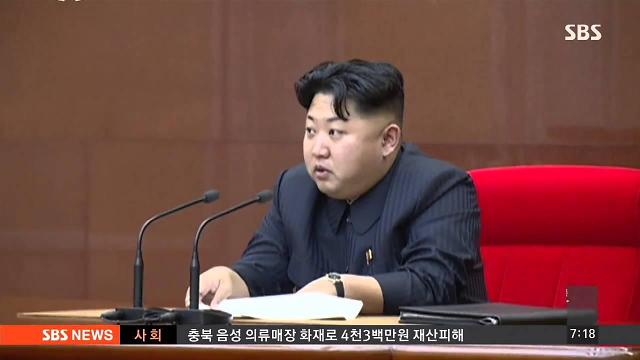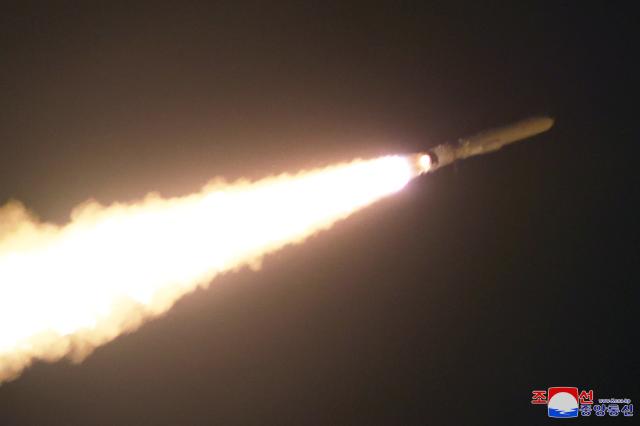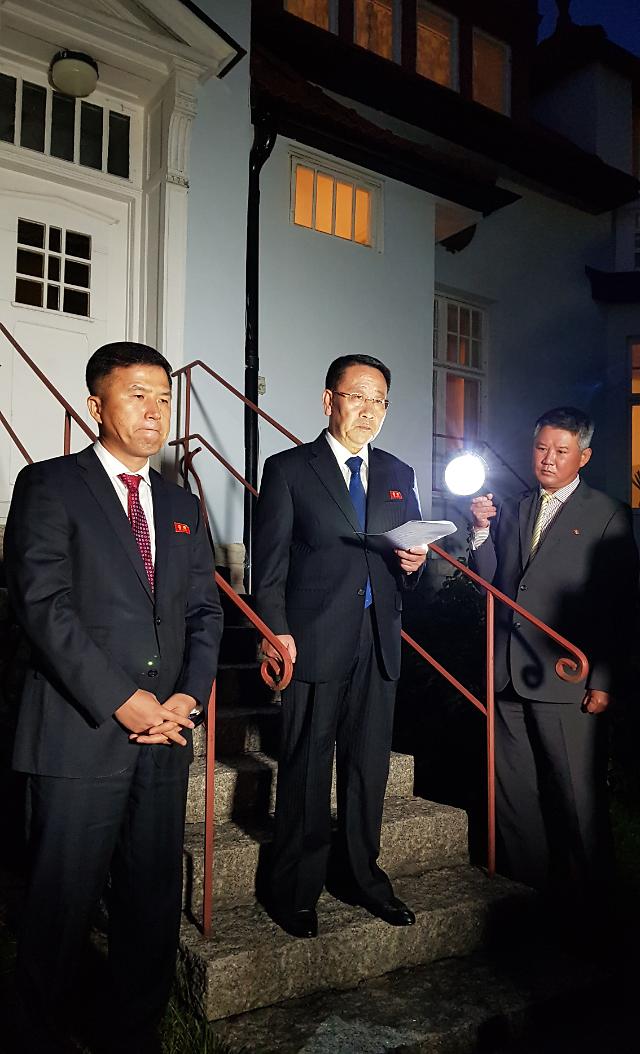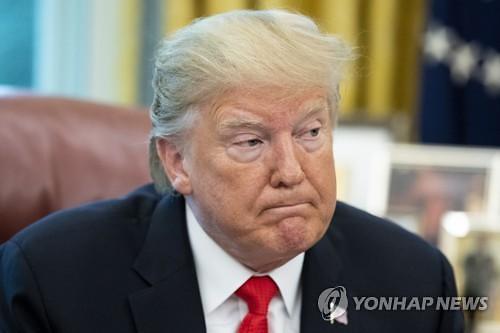
[A captured image from SBS TV]
The new package of UN sanctions on North Korea will make life harder for the communist nation by slashing its foreign currency earnings, but is unlikely to change Pyongyang's calculus on its nuclear and missile programs, US experts said.
The Security Council unanimously adopted Resolution 2321, which centers on putting a significant cap on North Korea's exports of coal, its single biggest export item and source of hard currency, and banning exports of four additional minerals.
These two measures and other restrictions, if fully enforced, would strip the North of at least $800 million in annual revenues, a sizable sum that accounts for more than a quarter of the impoverished nation's total exports, estimated at about $3 billion.
"The UN sanctions are a modest step forward, narrowing some loopholes. They will make life a bit more difficult for the North Korean elite, but are unlikely to change Kim's behavior," Robert Manning, a senior fellow at the Atlantic Council, told Yonhap News Agency, referring to North Korean leader Kim Jong-un.
In order for sanctions to have a serious impact, Manning said that the North should be frozen out of access to the international financial system and that the US should impose secondary sanctions against banks and firms dealing with North Korea.
Victor Cha, a Georgetown University professor and Korea chair at the Center for Strategic and International Studies (CSIS), also said that the new resolution represents an earnest effort at closing loopholes in the previous sanctions, but is unlikely to change the North's nuclear pursuits.
"Reducing North Korea's hard currency earnings to $400 million per year from coal exports to China is not likely to have a definitive impact on their persistent pursuit of nuclear weapons. I would like to believe otherwise, but past experience tells us not to be optimistic," he said.
The North's coal exports have already been banned under a previous resolution, adopted in response to January's fourth nuclear test, but shipments for "livelihood" purposes have still been allowed, an exception that has been cited as the biggest loophole that has kept export levels little changed despite the ban.
The export cap in the latest resolution is an effort to close the loophole. As in previous sanctions, Chinese cooperation is key to enforcement of the new resolution.
More than 90 percent of North Korea's total trade is with China, and coal exports, which account for about 42 percent of the total, are almost entirely for the neighboring nation. In 2015, coal exports amounted to 19.6 million tons or $1.05 billion.
"These are potentially very significant sanctions, targeting North Korea's main avenues for export revenue and access to the global economy. China's willingness to circumscribe its business with North Korea, to precise dollar amounts, is an important step forward," Richard Nephew, a former State Department sanctions expert.
Still, the North is unlikely to change its nuclear behavior, and the sanctions could end up hurting the North Korean people more than the leadership, said Nephew, currently an adjunct professor at Columbia University's School of International and Public Affairs.
"I doubt Kim Jung-un will be dining on tree bark in the event of a renewed famine or massive economic dislocation in the country. His people may be," he said.
(Yonhap)




